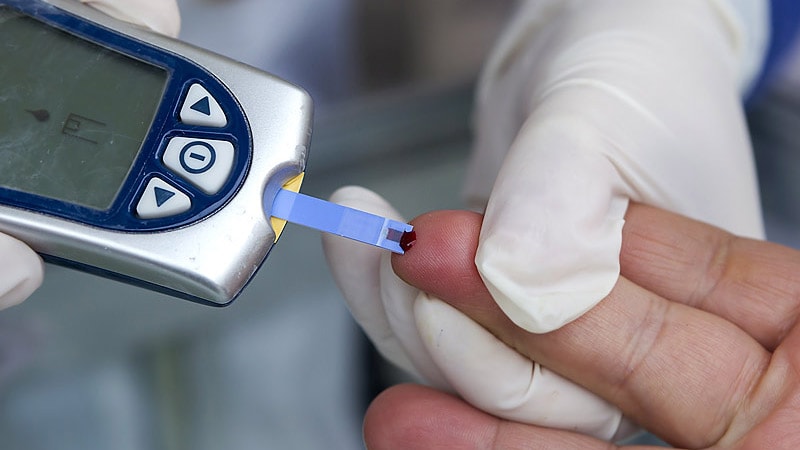Northerner
Admin (Retired)
- Relationship to Diabetes
- Type 1
Overuse of basal insulin rather than adding therapies that target mealtime glucose levels is a common problem in primary care management of type 2 diabetes that impedes achievement of optimal glycemic control, new research suggests.
Such 'overbasalization,' defined as a hemoglobin A1c of greater than 8% despite use of more than 0.5 units/kg per day of basal insulin, was identified in about 40% of patients seen in a Florida primary care clinic during 2015-2018. The findings were published in the April 2021 issue of Clinical Diabetes by Kevin Cowart, PharmD, a diabetes care and education specialist at the University of South Florida, Tampa, and colleagues.
The literature suggests that once people with type 2 diabetes start basal insulin, the chance that they'll achieve a given hemoglobin A1c target, i.e., less than 7%, diminishes significantly if that goal isn't achieved within the first year of starting insulin, Cowart said in an interview.
"Our analysis suggests that overbasalization plays a role in patients with type 2 diabetes on basal insulin not achieving optimal glycemic control. Basal insulin is not designed to address postprandial hyperglycemia. I think there's a clear need to address hesitancy in therapeutic progression beyond basal insulin. A lot of factors underlie the delays, with therapeutic inertia being one of them. It's complex," he said.

 www.medscape.com
www.medscape.com
Such 'overbasalization,' defined as a hemoglobin A1c of greater than 8% despite use of more than 0.5 units/kg per day of basal insulin, was identified in about 40% of patients seen in a Florida primary care clinic during 2015-2018. The findings were published in the April 2021 issue of Clinical Diabetes by Kevin Cowart, PharmD, a diabetes care and education specialist at the University of South Florida, Tampa, and colleagues.
The literature suggests that once people with type 2 diabetes start basal insulin, the chance that they'll achieve a given hemoglobin A1c target, i.e., less than 7%, diminishes significantly if that goal isn't achieved within the first year of starting insulin, Cowart said in an interview.
"Our analysis suggests that overbasalization plays a role in patients with type 2 diabetes on basal insulin not achieving optimal glycemic control. Basal insulin is not designed to address postprandial hyperglycemia. I think there's a clear need to address hesitancy in therapeutic progression beyond basal insulin. A lot of factors underlie the delays, with therapeutic inertia being one of them. It's complex," he said.

'Overbasalization' Common in Type 2 Diabetes Management
Such "overbasalization," defined as an A1c of greater than 8% despite use of more than 0.5 units/kg/d of basal insulin, was identified in about 40% of patients seen in a Florida primary care clinic.
